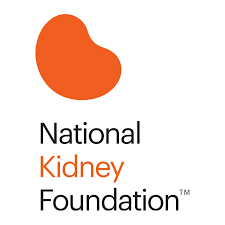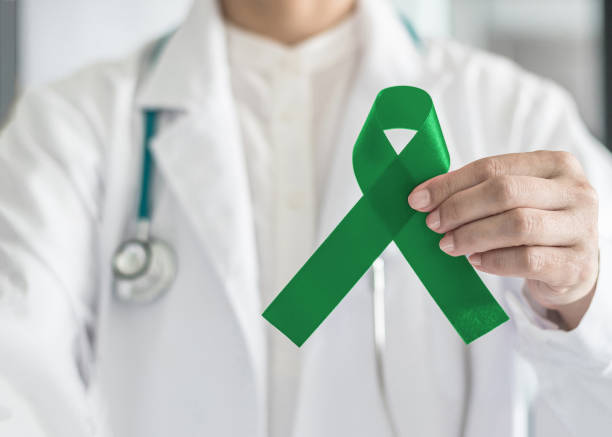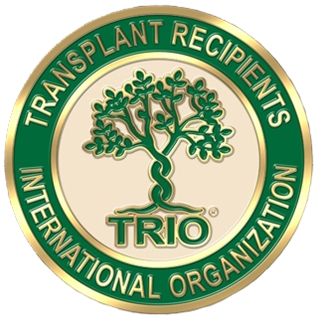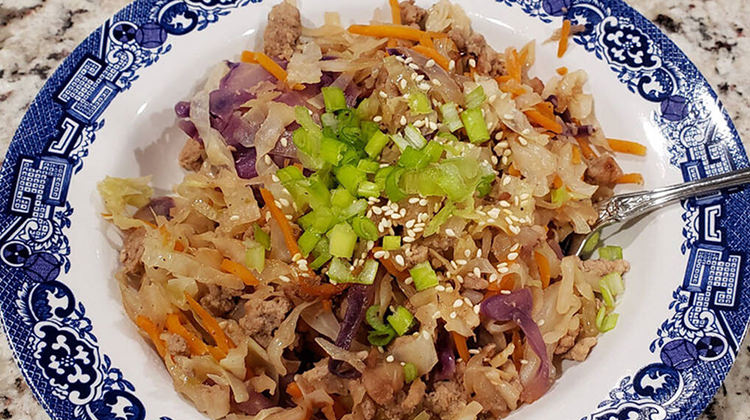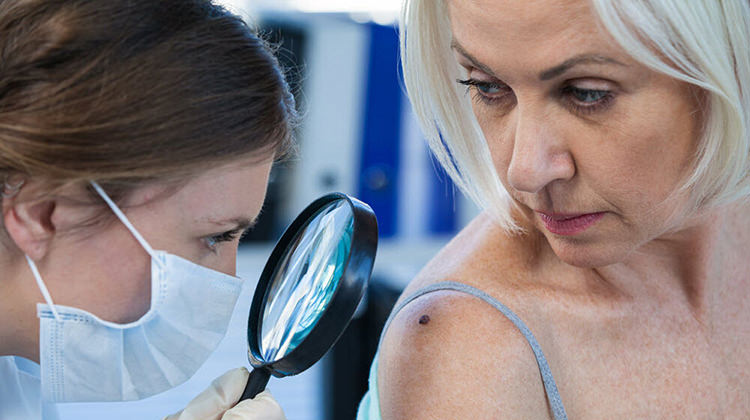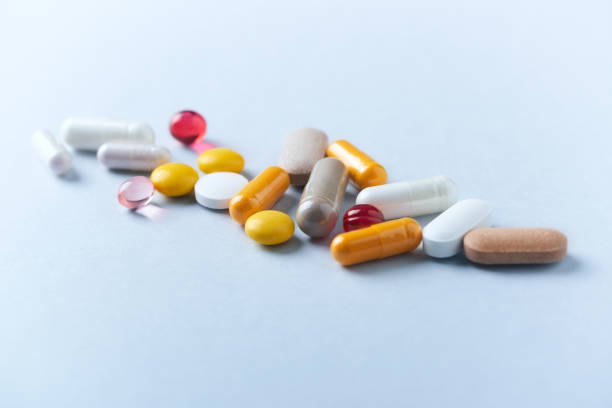“Most adult kidney transplant recipients (KTRs) exhibit a weak antibody response to the first injection of the Moderna mRNA COVID-19 vaccine, according to the findings of a prospective study published in Kidney International.1
“We already know that kidney transplant recipients tend to respond less well to vaccines because of the immunosuppression, but data concerning the anti-SARS-CoV-2 antibody response after COVID-19 vaccine in this population were lacking,” said first author Ilies Benotmane, MD, of Strasbourg University Hospital and the Fédération de Médecine Translationnelle (FMTS) in Strasbourg, France.
COVID-19 vaccine distribution programs worldwide have given priority to immunocompromised patients, including KTRs. Vaccination was recommended, however, for this patient population even though KTRs were not included in the vaccine clinical trials. Dr Benotmane and colleagues conducted a preliminary study investigating the efficacy and safety of the Moderna mRNA-1273 vaccine in KTRs by looking at the anti SARS CoV-2 antibody response after the first injection.”
Read more, here.

